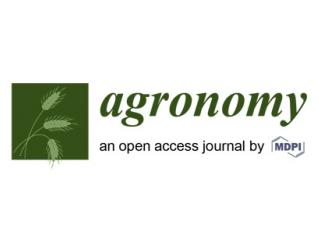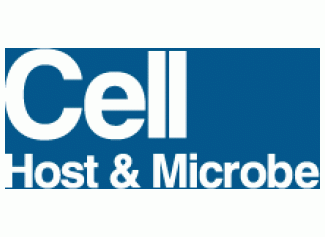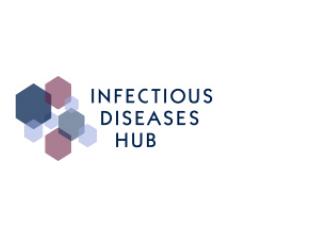
Mike Romanos
Mike Romanos is a co-founder and Chief Executive of Microbiotica. He has 30 years’ experience in the biotech and pharma industry and previously co-founded Crescendo Biologics which he built and led as CEO and CSO, developing a leading antibody fragment discovery platform and pipeline in oncology and inflammation. Prior to that he held global VP roles in GlaxoSmithKline R&D over 10 years, during which time he formed and led major transnational divisions which helped shape the company’s discovery platforms and pipelines across therapeutic areas and modalities. In his last role he led a transnational group of 300 staff providing genomics, target and biomarker discovery, and platform biology for R&D. Mike is highly experienced in biotech translation and commercialisation, currently serving as a Non-Exec Director of the life-sciences charity LifeArc, and previously as Translational Adviser in Biomedicine at Imperial College, Venture Partner to UK Innovation and Science Seed Fund, and committee member on the MRC’s Developmental Pathway Funding Scheme for translational academic research. Mike holds a degree in Natural Sciences from Cambridge University, a PhD in Molecular Virology from Imperial College, and is a Fellow of the Royal Society of Biology.

Rose Szabady

Sara Romano-Bertrand
I work on opportunistic bacterial pathogens from endogenous (from human-associated microbiota) or exogenous (environment) origins, involved in healthcare-associated infections (HAI). Conversely to true bacterial pathogens that accord with the Koch’s postulate, the study of opportunistic infections including HAI, require us to consider both opportunistic pathogens responsible for the infection, its natural reservoir an the microbial-associated communities. This intricate consideration of the opportunistic infection is based on the innovative concept of the “pathobiome”, which integrates the complex interactions between microorganisms and considers opportunistic bacteria within its microbial community, within its hosts and its environment, in the pathologic context, in order to explain the occurrence of the infection.

Sophie Leclercq

Professor, Dr. Thomas Clavel
The main focus of our research is the study of intestinal microbiomes (the communities of microorganisms, their genomes, and surrounding environmental factors in the gut). Because intestinal microorganisms have a major impact on the physiology of their host, it is important to investigate and understand their diversity and functions. We focus primarily on the human, pig, and mouse gut microbiomes because of their relevance for health-related issues. In particular, we are interested in describing the taxonomic diversity and evolution of gut bacteria thanks to the use of culture-based and sequencing approaches.

Tine Rask Licht
Tine Rask Licht heads the The National Food Institute research group on Intestinal Microbial Ecology.
The focus of our research is on effects of diet on composition, activity and genetic exchange in the gut microbiota, as well as on effects of the gut environment on resistance to pathogenic infections. Additionally, we adress the impact of gut microbes on maturation and maintenance of the host immune system. We look at effects of whole food items as well as of prebiotic carbohydrates and probiotic bacteria.



